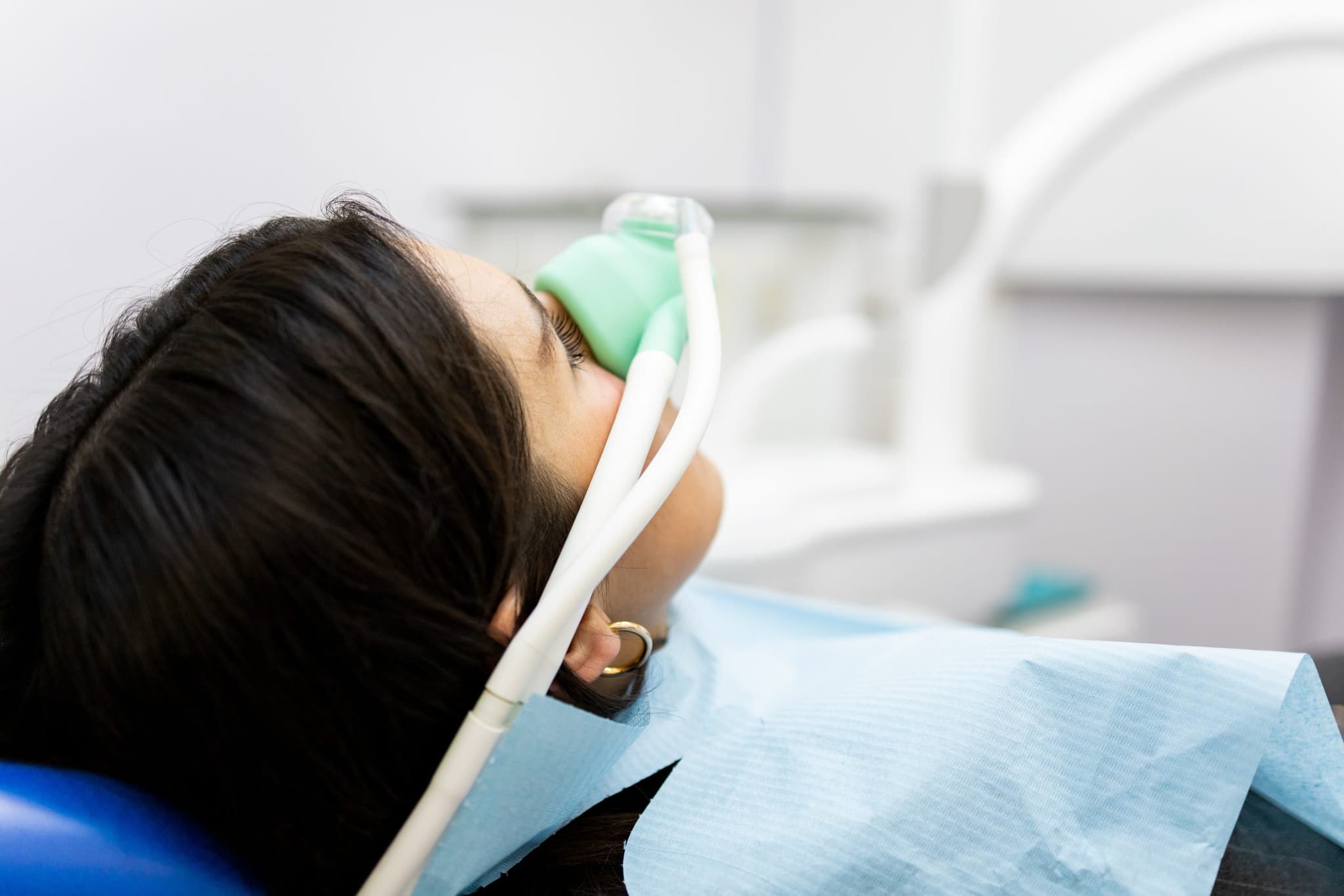
2025-12-17T17:11:43
Why OBGYN Clinics Are Using Nitrous Oxide for Pain Relief
- OB/GYN
March 16, 2017 | OB/GYN
Specialties:OB/GYN

Cervical cancer is associated with a virus called HPV, or human papillomavirus. HPV causes nearly all cases of cervical cancer, and over 10,000 women in the United States are diagnosed with cervical cancer each year. Fortunately, cervical cancer is preventable and there are things you can do to help lower your risk of HPV as well. Here are some of the best tactics for preventing HPV and cervical cancer.
HPV is the most common sexually transmitted disease in the United States, and over 150 different types of the virus exist. To protect yourself from HPV, practice the following habits for safe sex:
There are three primary tests that screen for cervical cancer:
While there is no cure for an existing HPV infection, there are several types of vaccines that can help prevent it. These often depend on your age and the type of HPV you’re looking to prevent. Vaccines work best when given before becoming sexually active but they can still be effective after.
Smoking may increase the risk of cervical cancer in women who have HPV. Secondhand smoke may also affect your risk. Eliminating smoking is another way to significantly lower your risk of cervical cancer.
If you’re concerned about your risk of HPV or cervical cancer, speak to your doctor to find out your best prevention and screening options.
“Cervical Cancer – Screening and Prevention.” Cancer.net. https://www.cancer.net/cancer-types/cervical-cancer/screening-and-prevention
“HPV and Cancer.” Cancer.net. https://www.cancer.net/navigating-cancer-care/prevention-and-healthy-living/hpv-and-cancer
“6 Ways to Prevent Cervical Cancer.” VeryWell.com. https://www.verywell.com/cervical-cancer-prevention-513831
WRITTEN BY:
The Live Better Team

2025-12-17T17:11:43

2025-11-21T14:10:25

2024-09-19T11:59:35

2019-12-31T15:15:01
This information is not intended to replace the advice of a medical professional. You should always consult your doctor before making decisions about your health.